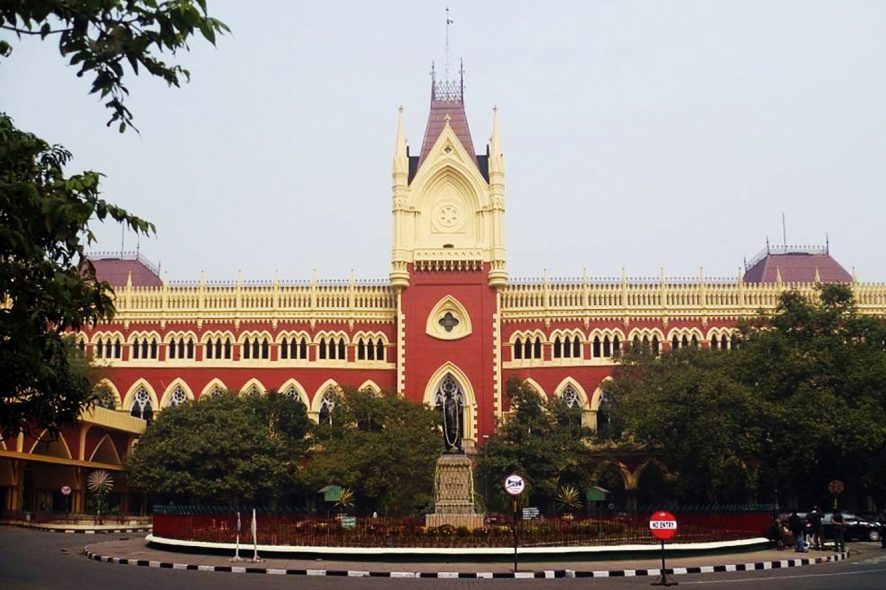Calcutta High Court: Asha Arora, J., allowed a criminal revision petition filed against the order of conviction and sentence awarded to the petitioners for the offence under Section 138 of the Negotiable Instruments Act, 1881 (dishonour of cheque).
To cut the matter short, the present was a cheque bounce matter. The complainants had filed under Section 138 against the petitioners alleging that Alok Bhagat (Petitioner 2), who was the authorised signatory of Adeptics, a partnership firm, issued a cheque for Rs 1.5 lakhs for receiving goods from complainant’s factory. However, when presented to the bank, the said cheque got dishonoured with the endorsement–payment stopped by the drawer. A demand notice was sent but the petitioners failed to make payment. The matter went to trial and the petitioners were convicted and sentenced. In the appeal, their conviction was maintained but the sentence was modified. Aggrieved still, the petitioners filed the present revision petition.
The petitioners were represented by Ayan Bhattacharya, Ozair Elahi and Sharequl Haque, Advocates. It was pointed out that the cheque was issued by the firm and signed by Mr Bhagat as an authorised signatory. It was argued that to fasten liability upon the partners/directors of a firm/company, impleading it as an accused is imperative. Per contra, Kajal Mukherjee, Surajit Basu and Bikash Chakraborty, Advocates appearing for the complainant opposed the present petition.
The High Court noted that the cheque does not show that it was issued by Mr Bhagat in his personal capacity. It was signed on behalf of the firm as authorised signatory. After discussing Sections 7 and 138 along with Aneeta Hada v. Godfather Travels and tours (P) Ltd., (2012) 5 SCC 661, the High Court observed, “Curiously enough, though the cheque clearly shows that it was issued on behalf of Adeptees, no notice of demand was served on the said firm and the complaint was filed only against the petitioners without the mandatory requirement of impleading the company/firm as one of the accused.” Complainants argued that no such plea was taken before the trial court or the lower appellate court. However, relying on Ajit Balse v. Ranga Karkare, (2015) 15 SCC 748, the High Court rejected the argument. Resultantly, the revision petition was allowed and the impugned judgments were set aside. [N.K.Bhagat v. Biswanath Dey, 2019 SCC OnLine Cal 326, dated 11-03-2019]







